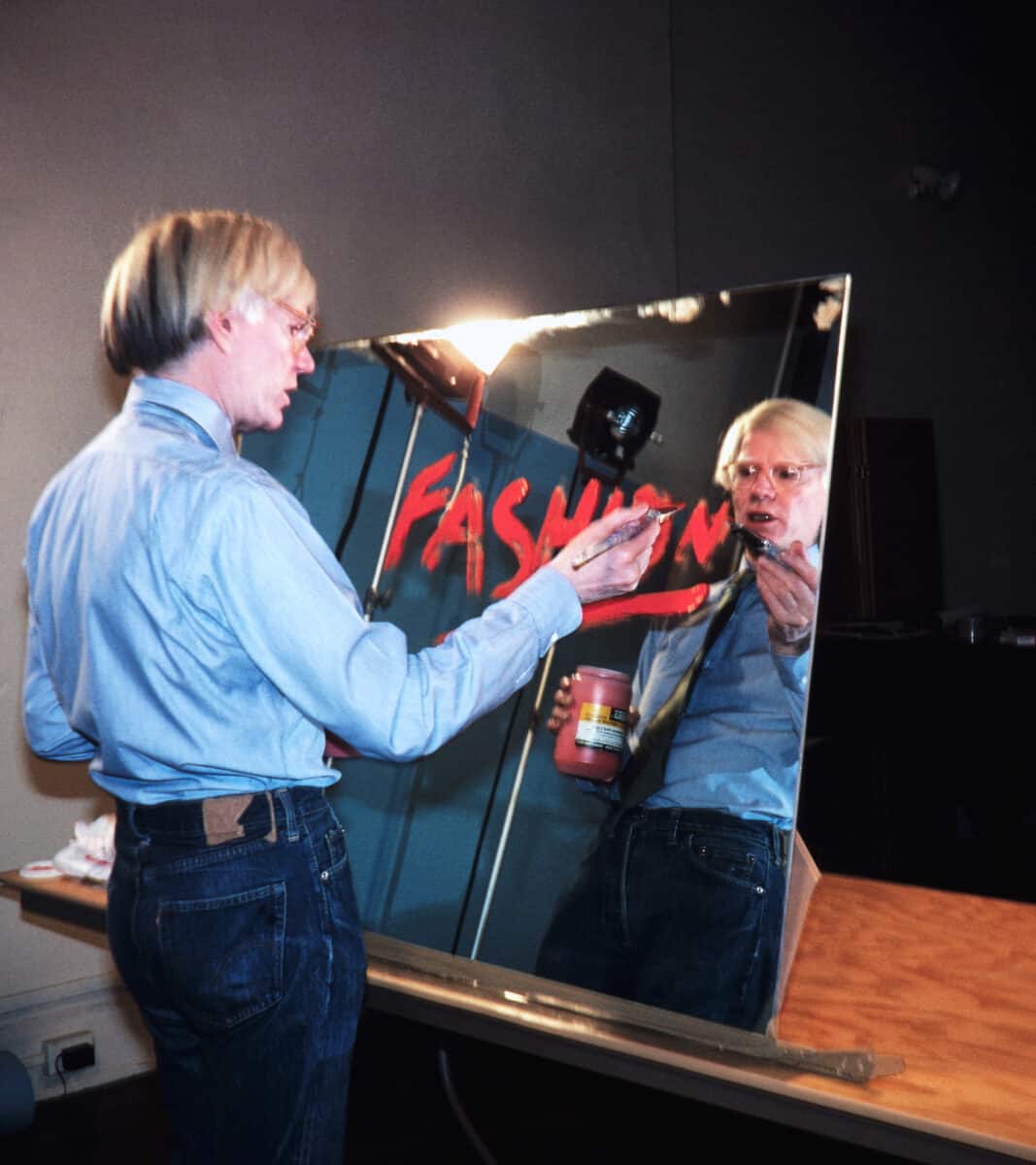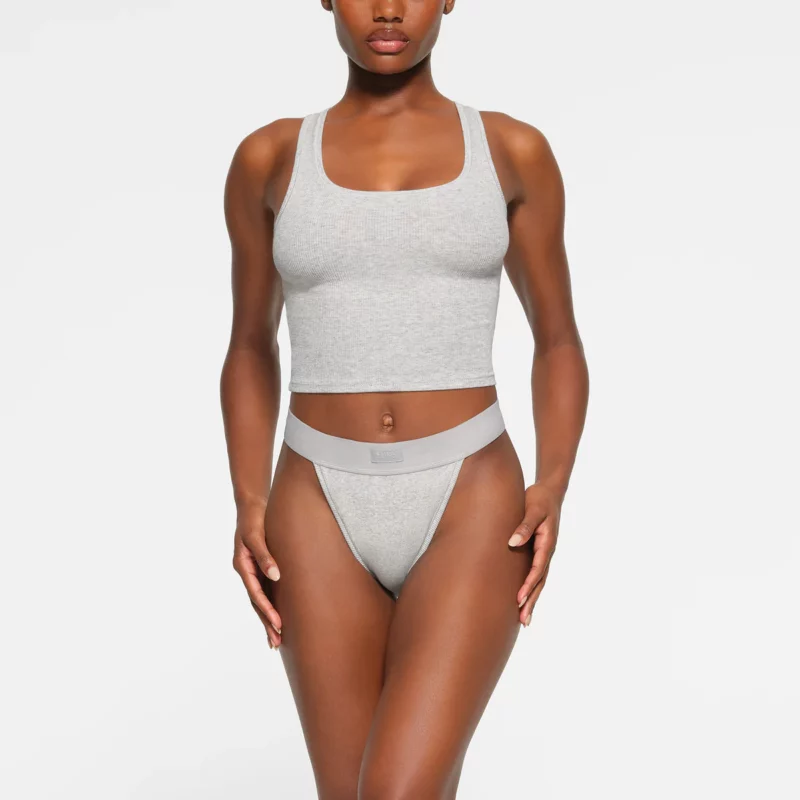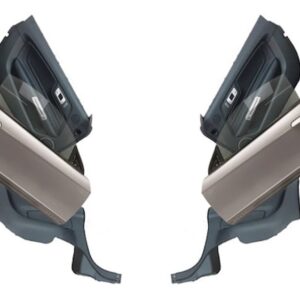Environmentalists have raised ethical sourcing concerns in the fashion industry for several years. With the introduction of blockchain tech, ethical sourcing and supply chains are under a lot of scrutiny. Consumers are pushing for greater brand accountability in regard to supply chains and environmental impact. Blockchain technology has emerged as a powerful tool in crypto casinos, but the tech has advanced beyond online gaming and into a whole new world. Blockchain can solve sustainability and ethical sourcing concerns for fashionistas by using its immutable platform. With the powerfully transparent blockchain ledger, fashion industry professionals can track the journey of fashion products, from raw materials to finished products.

Giclée print on Canson Platine Fibre rag paper 22 x 18 inches (55.9 × 45.7 cm) © Ronnie Cutrone Courtesy Hedges Projects LLC
Transparent Supply Chains
Transparency is important in every industry, meaning the fashion industry should hold itself accountable. With blockchain’s stellar features, fashion brands can create traceable supply chains. There are tons of perks related to traceable supply chains. For example, transparent supply chains provide consumers with detailed information bout the origins of their clothing or accessories. The detailed data cannot be erased or manipulated. Companies can’t hide unethical practices with such a transparent ledger. Recording every step of the production process ensures supply chains follow ethical and sustainable practices. Brands make all information related to their supply chains accessible to consumers. The data is accessed via a QR code or mobile app. With the supply chain data, consumers can make informed purchasing decisions. Buying ethically sourced fashion products sets a future precedent that will ensure a brighter tomorrow for future consumers.
Verifying Authenticity and Quality
Combating counterfeit fashion products is simpler than ever with the use of blockchain features. Blockchain is used to verify the authenticity and quality of products, ranging from garments to accessories. Every item is assigned a digital identifier, often called a digital twin. Each fashion-related piece is thoroughly recorded on the blockchain with details like the materials used and where it was produced. Certification information is also recorded to guarantee shoppers maintain trust in the brands they love most. Proving the authenticity of the products allows brands to protect intellectual property to prevent unauthorized replicas. In the fashion world, knockoffs and fake replicas are all too common but easily avoidable using blockchain.
Supporting Fair Labor Practices
Besides providing transparent supply chain data, blockchain’s ledger supports fair labor practices. Every supplier and manufacturer gets recorded on the blockchain, with data regarding labor conditions. Companies who utilize these features ensure workers are treated ethically and paid fairly. Brands that support fair labor practices and supply chain transparency not only take social responsibility, but they’re taking preventative measures against labor standard violations.
Reducing Environmental Impact
Blockchain technology promotes sustainability in fashion by recording the environmental impact of clothing production and distribution. Basically, blockchain records energy consumption data, as well as water usage information. Greenhouse gas emissions are also logged on the blockchain. Using this logged data, brands can identify areas to implement eco-friendly practices. Additionally, companies use the data to calculate the carbon footprint of each individual product. More than ever before, consumers are supporting brands that prioritize sustainability.
Ethical sourcing and sustainability are important to modern shoppers. Transparent, traceable supply chains help verify product authenticity while also showing support for fair labor practices. Using the blockchain’s ledger, brands may reduce their environmental impact. Consumers are benefiting from transparent supply chain ledgers because they have enough information to make socially responsible shopping decisions. Blockchain technology will continually expand to offer greater advancements in ethical sourcing and sustainability, not just in the fashion industry. The fashion sector is lucky to have blockchain paving the way for a more environmentally friendly future.







